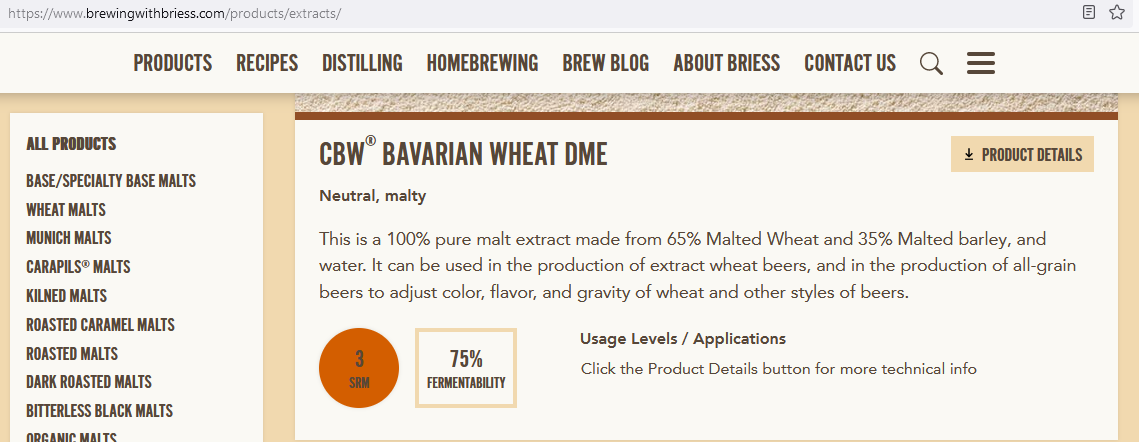huckdavidson
Well-Known Member
Not sure this is available in the states but it might be handy for hazy's and stouts, etc..
https://www.muntons.com/home_brewing/oat-malt-extract/
https://www.kegland.com.au/products/dried-hydrolysed-oat-extract-1kg-bag
https://www.muntons.com/home_brewing/oat-malt-extract/
https://www.kegland.com.au/products/dried-hydrolysed-oat-extract-1kg-bag





